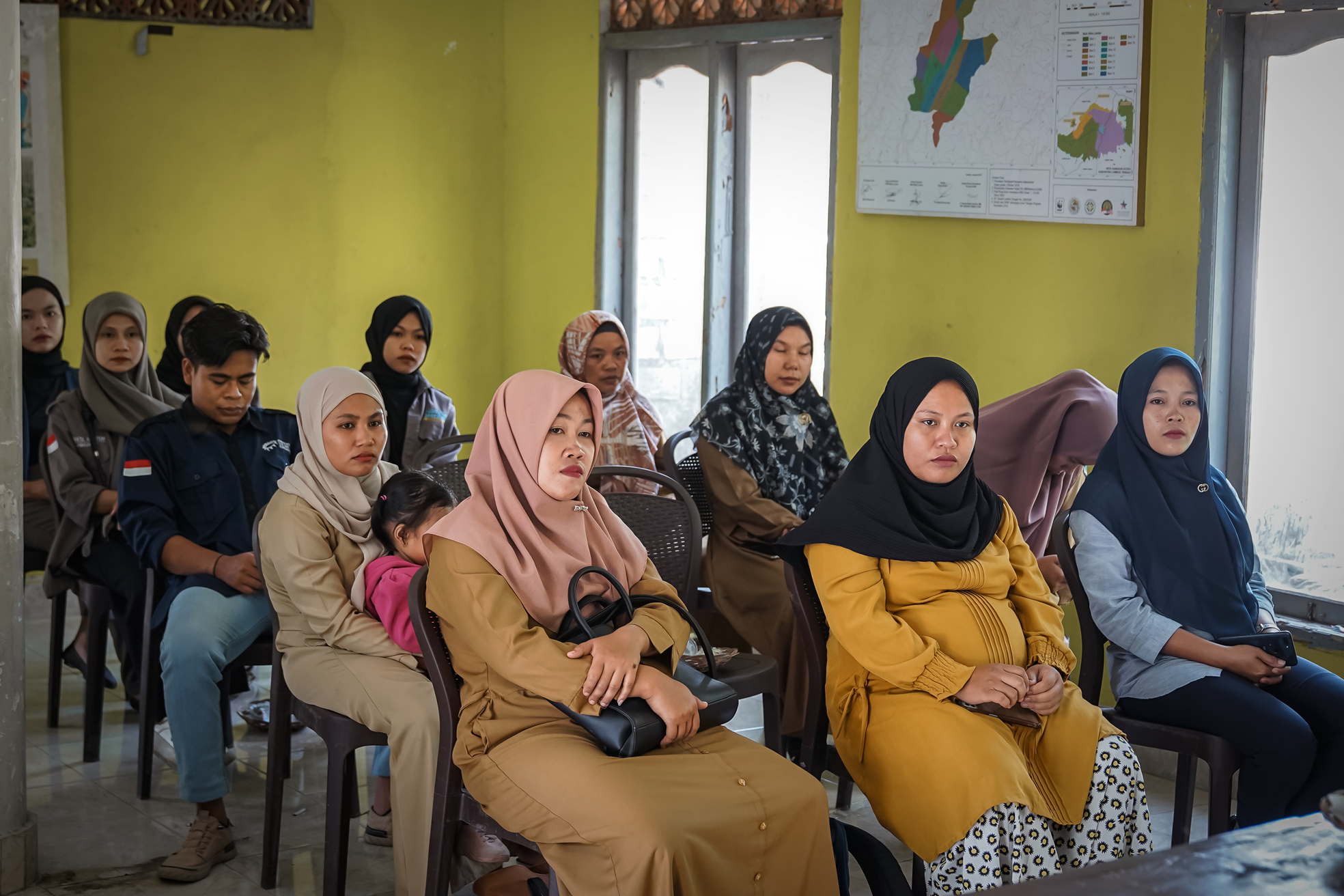Can the Just Energy Transition be a Game Changer in Addressing Domestic Violence

Data from the report of the Ministry of Women’s Empowerment and Child Protection (Kemen PPPA) states that there will be 24,441 cases of gender-based violence in 2024, where the majority of victims are women with a total of 21,175 cases. Sadly, this gender-based violence occurs mostly in the household sphere with 14,941 cases.
In the context of the energy transition, active participation from all levels of society is needed. However, women are often hampered in contributing to sustainable energy development. For example, women in villages who have to manage energy every day and even take the initiative to provide energy for daily cooking needs rarely or never get the opportunity to participate in decision-making in meeting energy needs in the household. Women also bear additional burdens in housework and taking care of the family. When energy resources become limited or expensive, women’s workload increases, which can trigger stress and conflict in the household.
Climate change and natural disasters caused by the energy crisis can exacerbate women’s vulnerability. Women often have greater responsibility for managing water, food, and energy resources in the household. When these resources become scarce due to climate change, women can experience greater stress and are at risk of violence. Energy transitions also often involve competition for natural resources. The resulting conflicts can increase the risk of violence against women, including sexual violence and exploitation. In addition, many women work in the informal energy sector, such as small-scale biofuel or solar power production, often without adequate social protection, and can make women vulnerable to exploitation and violence.
In 2023, Rumah Energi through Pro-Women for Renewable Energy will strive to increase the role of Women Farmers Groups (KWT) in Central Lombok by facilitating discussion forums at the village level, intensive mentoring, and the construction of renewable energy installations that support MSMEs. Currently, Pro-Women is focusing on ensuring that female workers affected by early retirement at the Pelabuhan Ratu PLTU have the same rights. Synchronization with the local government is key in this transition process, so that in its implementation later it can complement each other.
A just energy transition is expected to address the issue of gender inequality in the division of roles in the domestic sphere of the family. If this can be implemented well, the problem of domestic violence caused by energy issues can hopefully be overcome.
Written by: Krisna Wijaya
Edited by: Fauzan Ramadhan

